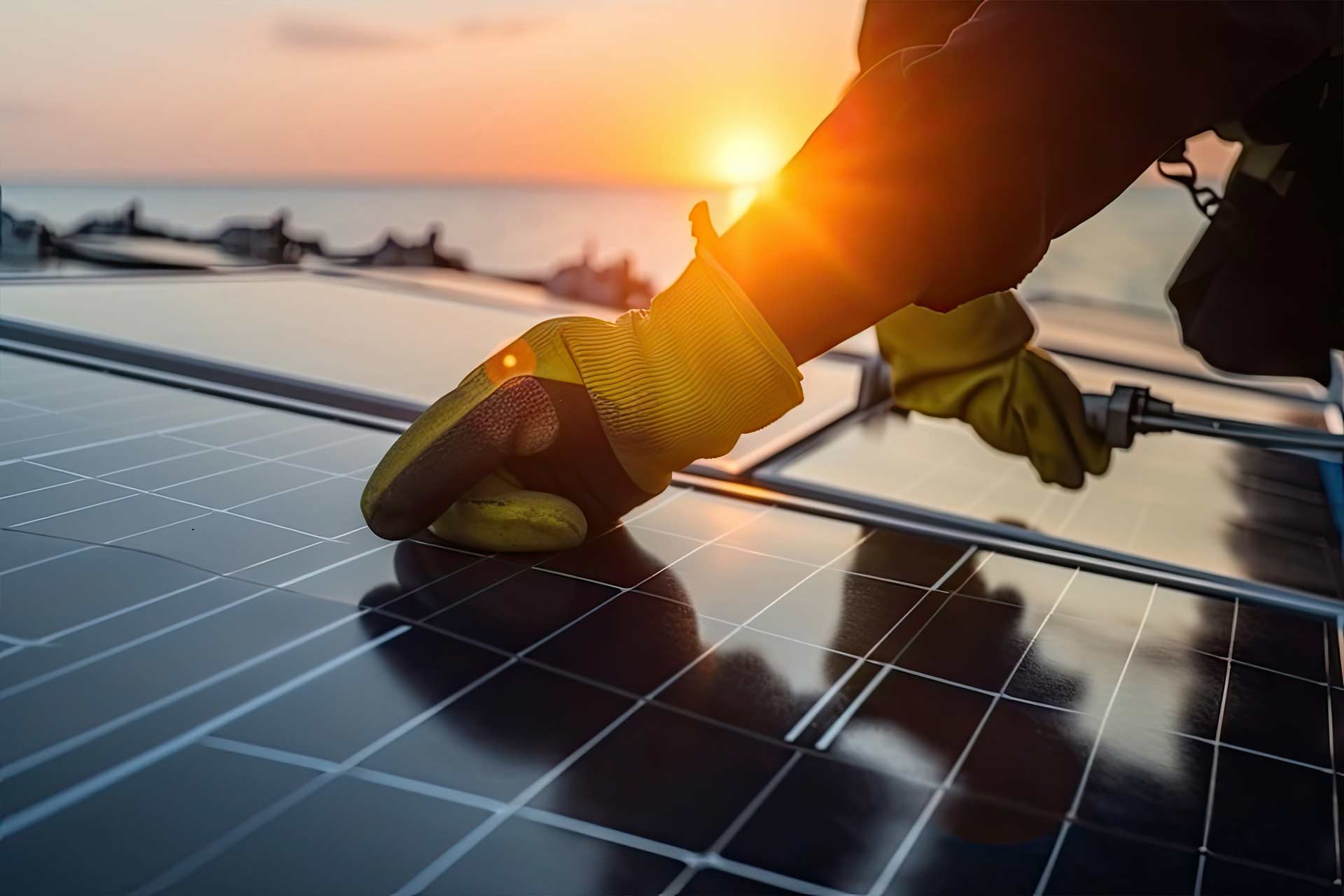Introduction:
In a significant move towards promoting clean energy adoption and reducing carbon footprints, the government has raised the income threshold for rooftop solar rebates to $210,000. This decision marks a significant step towards making renewable energy more accessible to a wider range of families and individuals. Rooftop solar panels have proven to be an effective means of harnessing sustainable energy, reducing electricity bills, and contributing to a greener future. This blog post delves into the implications of this policy change and explores how it could accelerate the transition to clean energy.
The decision to raise the income threshold for rooftop solar rebates is rooted in the government’s commitment to sustainable practices and combating climate change. By making solar rebates available to more families, the government is not only encouraging the adoption of renewable energy sources but also facilitating a shift towards a more sustainable energy landscape.
Key Benefits
- Wider Adoption: With the increased income threshold, a larger segment of the population can now take advantage of solar rebates. This means that more families and households, including those with moderate incomes, will have the financial support they need to invest in rooftop solar panels. This, in turn, contributes to a higher adoption rate of clean energy solutions.
- Reduced Energy Bills: Rooftop solar panels allow homeowners to generate their own electricity, reducing their dependence on traditional power grids. This translates to lower electricity bills over time, as excess energy generated can be fed back into the grid for credits or used during peak hours. With solar rebates, the initial investment becomes more manageable, and the long-term savings become even more appealing.
- Environmental Impact: The increased adoption of rooftop solar panels directly reduces the demand for fossil fuels, subsequently lowering greenhouse gas emissions. This is a crucial step in combating climate change and transitioning towards a more sustainable energy future.
While the decision to raise the income threshold for solar rebates is promising, proper installation and maintenance of solar panels require technical expertise. Ensuring that homeowners have access to reliable installers and proper guidance is crucial.
The decision to increase the income threshold for rooftop solar rebates signifies a significant step towards democratizing access to clean energy. By extending financial support to a broader range of families and individuals, governments are actively promoting a sustainable energy transition. The benefits are multifaceted, ranging from reduced energy bills and environmental impact to job creation and economic growth. As more families embrace solar energy, the world moves closer to a future powered by renewable sources, making strides towards a greener and more sustainable planet for generations to come.



